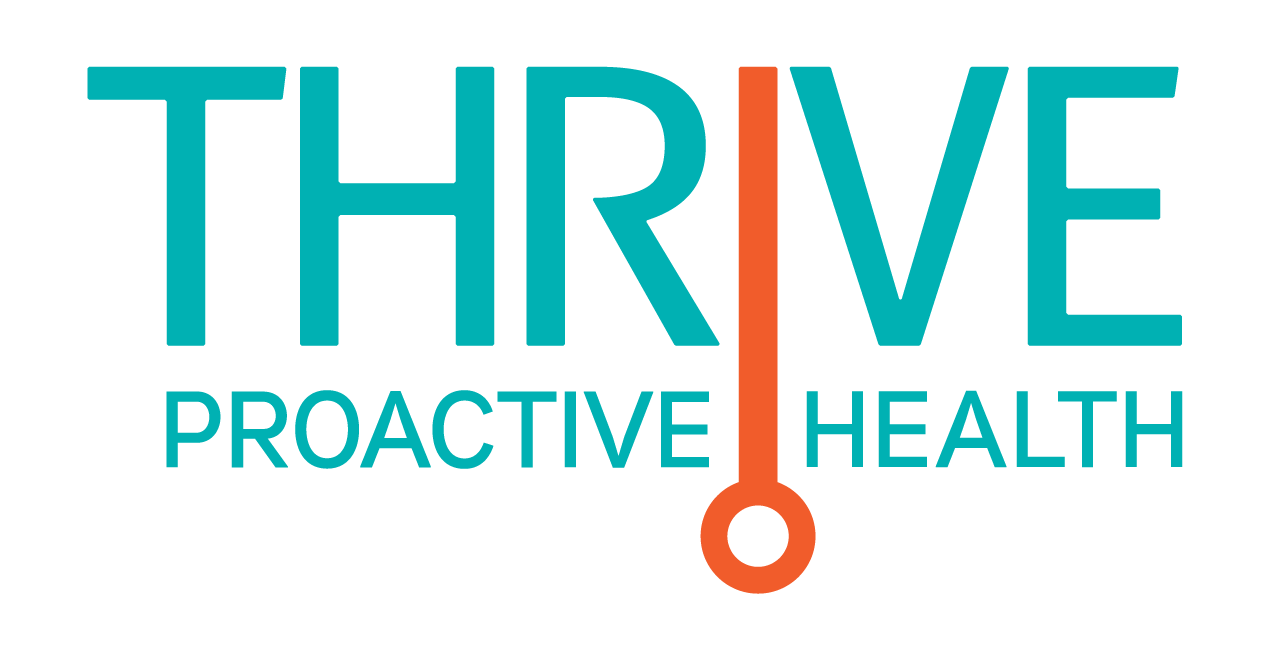Managing Stress Constructively
Dante Leone • DPT, OCS, DipACLM, CSCS • Physical Therapy Clinical Director
April is both National Stress Awareness Month and National Alcohol Addiction Awareness Month, so it is a great opportunity to reflect on our personal life stressors and how we are managing these stressors.
Stress is a part of everyday life.
We can have good stress, which is constructive, challenges us, and helps us grow. But we can also experience bad stress that can impact our mood negatively, feel overwhelming, and lead to destructive health behaviors. Our mindset in how we approach stress, and how we reflect and respond to our stressors makes the difference in how it impacts our health and well-being.
Many of us can get stuck in a cycle of persistent bad stress and unhealthy coping behaviors.
This includes poor food choices, inadequate sleep, and use and abuse of substances, including caffeine, tobacco, alcohol, and other drugs. These negative health behaviors can significantly increase the risk of many chronic diseases and premature death. However, when you are ready, you can quit! Reversing these habits takes time and often many attempts, but it is worth the time and effort because we are talking about avoiding losing years of your life.
How do we change our stress-coping behaviors?
Well, first we need to change our mindset to see stress differently. Look at events or triggers from a different perspective. Focus on what you can control and change. Improve your mood by looking at what is going well in your life. Think about your accomplishments and all the things you have overcome in life.
We also need to remember that health, including managing stress, is not isolated, and is dependent on other behaviors.
To manage stress more effectively we need to make ourselves more resilient. This includes eating a health-promoting diet, getting regular movement and activity, ensuring adequate and restful sleep, and connecting with others to build strong, meaningful relationships. Check out the list for some ideas, and get started on improving your emotional well-being today.
Tips to Help You Manage Stress
- Minimize, and ultimately avoid caffeine, tobacco, alcohol, and other drugs
- Connect with others and have a genuine meaningful conversation
- Fuel your body with lots of fruits and vegetables, and drink plenty of water
- Limit screen time and use of social media
- Take time to do things you love and that bring you joy
- Aim for eight hours of sleep every night, going to bed and waking at the same times
- Give someone an authentic, honest compliment
- Get involved in community activities
- Get outside in nature
- Try some movement or exercise
- Try other relaxation techniques (music, read, dance, yoga, meditation, mindfulness)
- Get a massage


